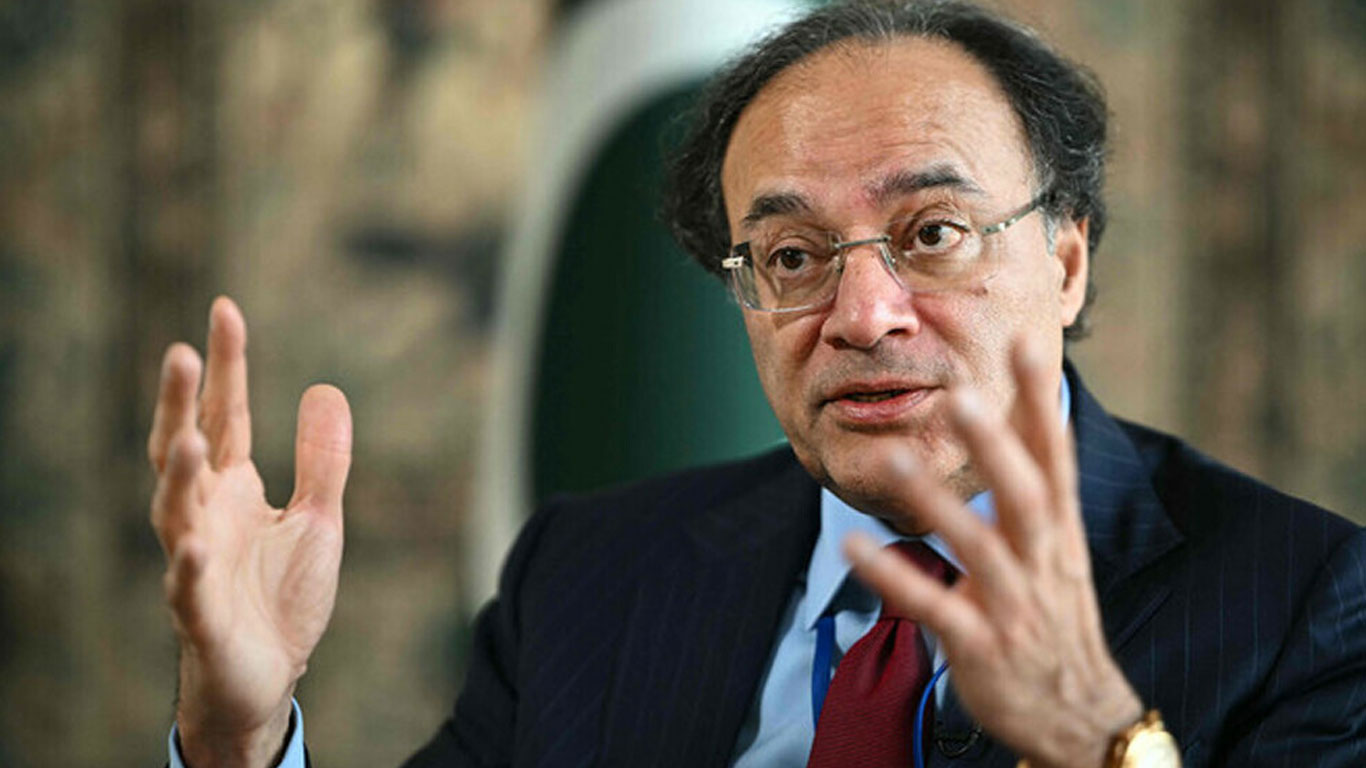Finance Minister Muhammad Aurangzeb has said that Pakistan must make difficult but necessary economic decisions to move towards independence from the International Monetary Fund (IMF).
Speaking to the media, he stated that the country has started witnessing positive signs of economic stability, but the real challenge lies in turning this into sustainable economic growth.
He stated that the privatisation process will move ahead at a faster pace, with 24 state-owned enterprises already handed over to the Privatisation Commission. A second round of bidding for the PIA privatisation is also expected this month.
Aurangzeb noted that state-owned institutions are costing the national exchequer Rs 800 to 1,000 billion annually, making privatisation a top priority.
He also signalled further room for interest rate cuts, stating that these reductions will complement economic recovery. The government is also focusing on right-sizing ministries, initiating pension reforms for the first time, and working to reduce public debt servicing, which is expected to drop by Rs 1 trillion.
The finance minister revealed impressive revenue figures, stating that tax revenue grew by 32.5% this fiscal year, and the number of tax filers has doubled. “We’ve collected Rs 413 billion from traders and Rs 105 billion from new filers. This shows we’re heading in the right direction,” he said. He also highlighted enhanced use of technology and better practices in FBR.
On the remittance front, the target is to push inflows up to $36 billion, helping ease external pressure. Aurangzeb admitted that local investors are facing hurdles in foreign direct investment (FDI) due to high taxes, high costs of financing, and electricity prices.
He stressed the need to simplify the tax filing process for salaried individuals, allowing them to submit returns easily from home without consultants. “People avoid coming into the tax net because of the complex system,” he added.
Regarding IMF developments, Aurangzeb confirmed that no IMF delegation is currently in Pakistan, but the government is reviewing budget proposals. The IMF team is expected to visit in May, and the next $1 billion tranche will be released following IMF board approval.






